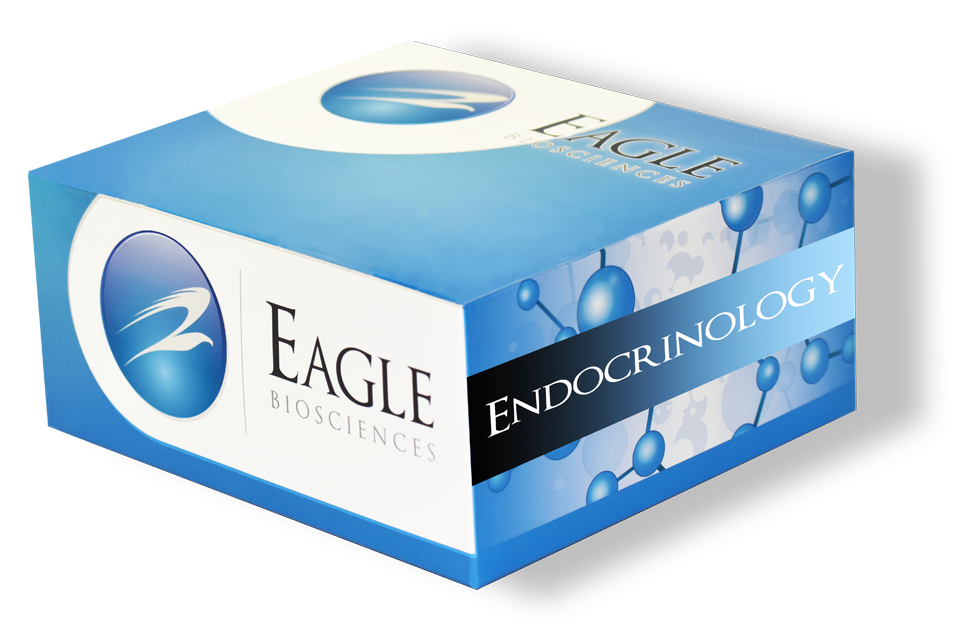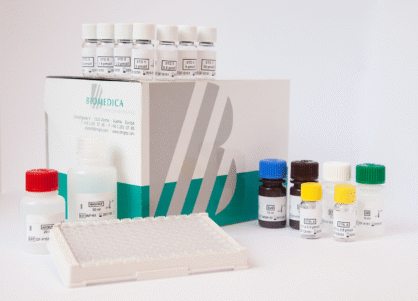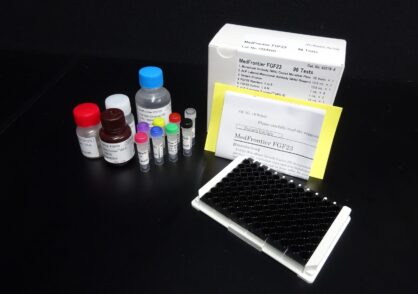Anti-Tissue Transglutaminase (tTG) IgA ELISA Kit
Anti-tissue transglutaminase (anti-tTG) IgA is a highly specific autoantibody directed against tissue transglutaminase, an enzyme involved in the deamidation of gluten peptides. It serves as a key serological biomarker for celiac disease, an autoimmune disorder triggered by gluten ingestion in genetically predisposed individuals. The production of anti-tTG IgA is closely linked to the immune response in the small intestine, where autoantibody formation leads to villous atrophy and malabsorption.
In clinical practice, anti-tTG IgA testing is the primary screening tool for diagnosing celiac disease. It offers high sensitivity and specificity, particularly when combined with total serum IgA levels to rule out selective IgA deficiency. A positive result supports further diagnostic steps, such as duodenal biopsy or HLA typing. Anti-tTG IgA levels also serve as a useful marker for monitoring dietary compliance; levels typically decrease with adherence to a gluten-free diet. In research, anti-tTG IgA is utilized to study the immunopathogenesis of celiac disease, investigate the role of environmental and genetic factors in autoimmunity, and evaluate the effectiveness of emerging non-dietary treatments aimed at modulating the immune response or enzyme activity.
This Anti-Tissue Transglutaminase (tTG) IgA ELISA Kit is manufactured in Italy by Diametra.
| Size | |
| Sensitivity | 0.11 AU/mL |
| Dynamic Range | 5 – 320 AU/mL |
| Incubation Time | 1 hour 15 minutes |
| Sample Type | Serum, Plasma |
| Storage | 2-8°C |
| Alternative Names | tTG, transglutaminase 2, TG2 |




